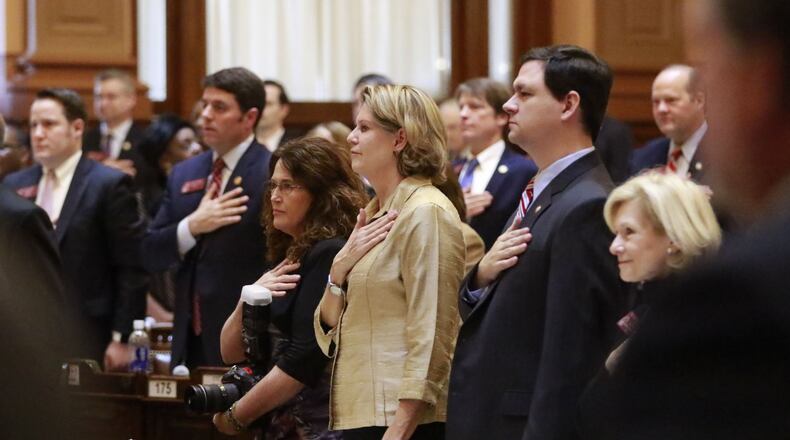Georgia is one of the least politically competitive states in the nation and money is a big part of it, according to the Institute on Money in State Politics.
“Georgia is always at the bottom,” said Pete Quist, chief researcher for the Montana-based institute, which produces regular reports ranking competitiveness among states.
According to their data, 81 percent of incumbents for the Georgia General Assembly ran unopposed in the general election. Moreover, even the handful of open seats didn't attract competition, with 82 percent of those seats with only one name on the November ballot.
“Typically what you would like to see in a strong democracy is the ability for voters to choose,” Quist said.
One way incumbents tip the scales in their favor is with campaign contributions from special interest political action committees.
In the 2016 election cycle, lawmakers running for reelection received $14.6 million in donations from political action committees representing the most powerful special interests in the state. Challengers received just $387,938 statewide.
About the Author
Keep Reading
The Latest
Featured




